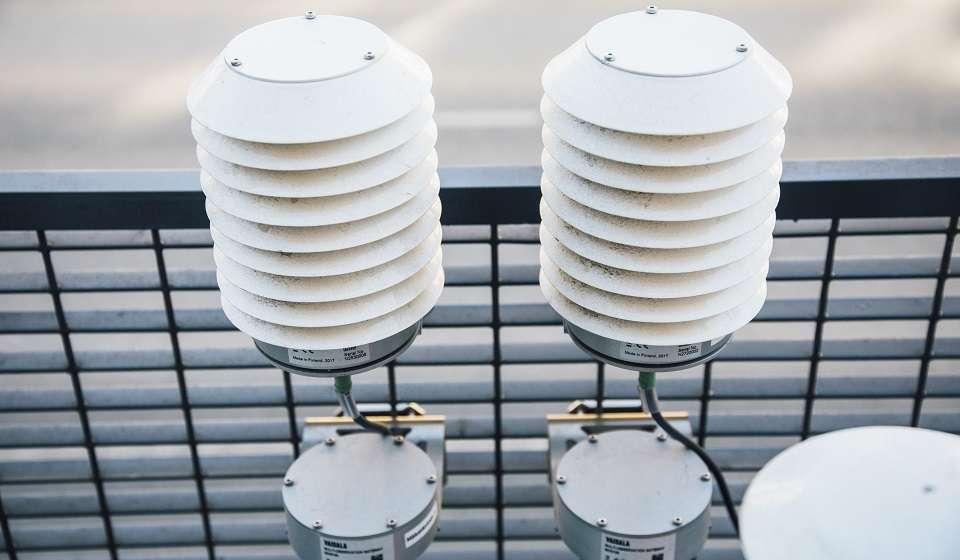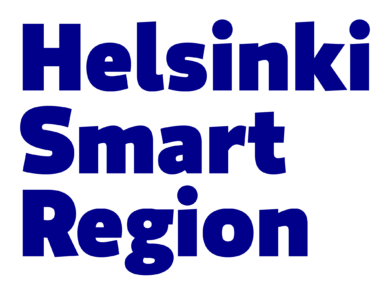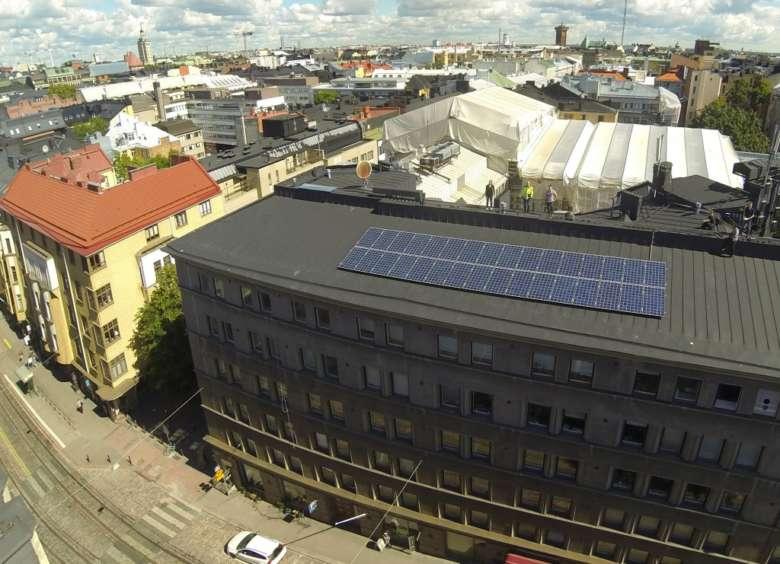Cases

Citizens' city
Helsinki as a Testbed for High-Density Air Quality Monitoring
Published:
Finnish expertise in air quality and atmospheric research combine with cutting-edge technological know-how in a two-year project that aims to tackle this global problem. HAQT, short for Helsinki Metropolitan Air Quality Testbed, consists of a dense network of air quality monitoring sensors that covers the entire Helsinki Metropolitan Area.
The sensor network supplies air quality observations for a modelling system called ENFUSER created by the Finnish Meteorological Institute (FMI). The system collects and makes use of precise environmental data related to air quality, weather, land use, the built environment, traffic flows and other emission sources. Based on this information it forms air quality maps with high spatial resolution for the whole metropolitan region. The system also creates air quality forecasts and helps protect citizens from exposing themselves to excess air pollution.
– The more accurate an understanding we have about local air quality, the better we can comprehend different factors affecting it and pinpoint emission sources. We can then create solutions that help us improve air quality and mitigate the impact of emissions”, says Senior Advisor Ville Miettinen from the Helsinki Metropolitan Smart & Clean Foundation, which brings together the various parties involved in the project.
The network has been built around twelve existing air quality measuring stations and fifteen new sensor spots provided by the Finnish companies Vaisala and Pegasor. The construction of the network was completed in January 2018 and data collection is already underway.
Branding Helsinki as the Forerunner of Air Quality Measurements
The air in Helsinki is cleaner and less polluted than in most urban areas around the world. Why is the project being carried out in the Finnish capital?
– If we can create a proof of concept here, it will most likely work anywhere in the world. Many building blocks fit together nicely in Helsinki: we conduct some of the best air quality research in the world, have strong technological know-how and a positive stance towards open data. HAQT allows the Helsinki region to brand itself as the forerunner of air quality monitoring”, Ville Miettinen says.
The objective is to bring the technology to big cities around the world that have major issues with air quality. The project has attracted plenty of attention globally and according to Vaisala, the first network installations abroad are already under way.
Open Data Invites the Smartest Minds to Finland
Air quality is a hot topic worldwide, and there are many endeavours around the world concerning measuring air quality. What separates HAQT from the rest is the strength of Finnish know-how in air quality modelling.
– It’s good to know what the air quality is like right now, but it’s even better to know how it will change in the near future. If you know when and where you’ll be least exposed to pollution, you can plan when you’ll go for a run and what route you’ll take in advance. This is especially valuable for people with asthma or other respiratory diseases”, explains Timo Nousiainen, HAQT’s project leader and senior researcher at the Finnish Meteorological Institute.
A digital air quality map will be released by HSY in spring 2018 for this purpose. The map will be updated in real time and it will show the current state of air quality around the metropolitan area as well as how it will change in the next few hours. It will be available on HSY’s website for anyone to use.
Helsinki Region makes use of open data
Helsinki region relies on the power of open data and HAQT will be no different in that regard. All the information generated in the project will be shared openly for anyone to use and base their own plans on. Ville sees potential applications for the data produced by the network in fields such as healthtech, urban planning, traffic management and road maintenance. Although the project ends in April 2019, the story of the sensor network will not come to an end quite yet. Fortunately for interested developers, the intention is to leave the network mostly untouched after the project.
– Anyone interested in exploiting precise air quality information from the Helsinki region and building their own solutions on top of it, be my guest”, Miettinen adds, extending an invitation.
Multifaceted Experts Working Together Towards a Common Goal
HAQT is an initiative that combines know-how from various fields. The Finnish Meteorological Institute is coordinating the project and is responsible for air quality modelling and forecasting. It is also responsible for measuring the functionality of the sensors together with the University of Helsinki. The Helsinki Region Environmental Services Authority (HSY) is the authority responsible for air quality monitoring in the Helsinki metropolitan area and for implementing the new sensor network. The sensory network technology is provided by Finnish companies Vaisala and Pegasor, both of which specialise in atmospheric measurement and air quality monitoring. Helsinki Metropolitan Smart & Clean Foundation helped the parties to set the HAQT project up and now supports it in maximizing its impact. The Smart & Clean Foundation and HAQT projects implement the smart specialisation strategy of Helsinki Smart Region. The project is made possible by funding from the Helsinki-Uusimaa Regional Council.
Helsinki Metropolitan Air Quality Testbed
Led by the Finnish Meteorological Institute
Partners:
University of Helsinki
The Helsinki Region Environmental Services Authority HSY
Pegasor
Vaisala
The Helsinki-Uusimaa Regional Council
Brought together by Helsinki Metropolitan Smart & Clean Foundation
For further information, please contact:
Ville Miettinen
Helsinki Metropolitan Smart & Clean Foundation
+358 40 536 1890
ville.miettinen@smartclean.fi
Timo Nousiainen
Senior Researcher, Finnish Meteorological Institute
+358 50 441 5451
timo.nousiainen@fmi.fi
Maria Myllynen
Head of Air Protection Unit, HSY
+358 9 1561 2261
maria.myllynen@hsy.fi
Mikko Laakso
Business Development Manager, Vaisala Oyj
+358 40 561 5700
mikko.laakso@vaisala.com
Tuukka Petäjä
Professor, University of Helsinki
+358 50 41 55 278
tuukka.petaja@helsinki.fi
Erkka Saukko
Senior R&D Engineer, Pegasor
erkka.saukko@pegasor.fi
Helsinki Metropolitan Air Quality Testbed
Led by the Finnish Meteorological Institute
Partners:
University of Helsinki
The Helsinki Region Environmental Services Authority HSY
Pegasor
Vaisala
The Helsinki-Uusimaa Regional Council
Brought together by Helsinki Metropolitan Smart & Clean Foundation
For further information, please contact:
Ville Miettinen
Helsinki Metropolitan Smart & Clean Foundation
+358 40 536 1890
ville.miettinen@smartclean.fi
Timo Nousiainen
Senior Researcher, Finnish Meteorological Institute
+358 50 441 5451
timo.nousiainen@fmi.fi
Maria Myllynen
Head of Air Protection Unit, HSY
+358 9 1561 2261
maria.myllynen@hsy.fi
Mikko Laakso
Business Development Manager, Vaisala Oyj
+358 40 561 5700
mikko.laakso@vaisala.com
Tuukka Petäjä
Professor, University of Helsinki
+358 50 41 55 278
tuukka.petaja@helsinki.fi
Erkka Saukko
Senior R&D Engineer, Pegasor
erkka.saukko@pegasor.fi










 Return to listing
Return to listing